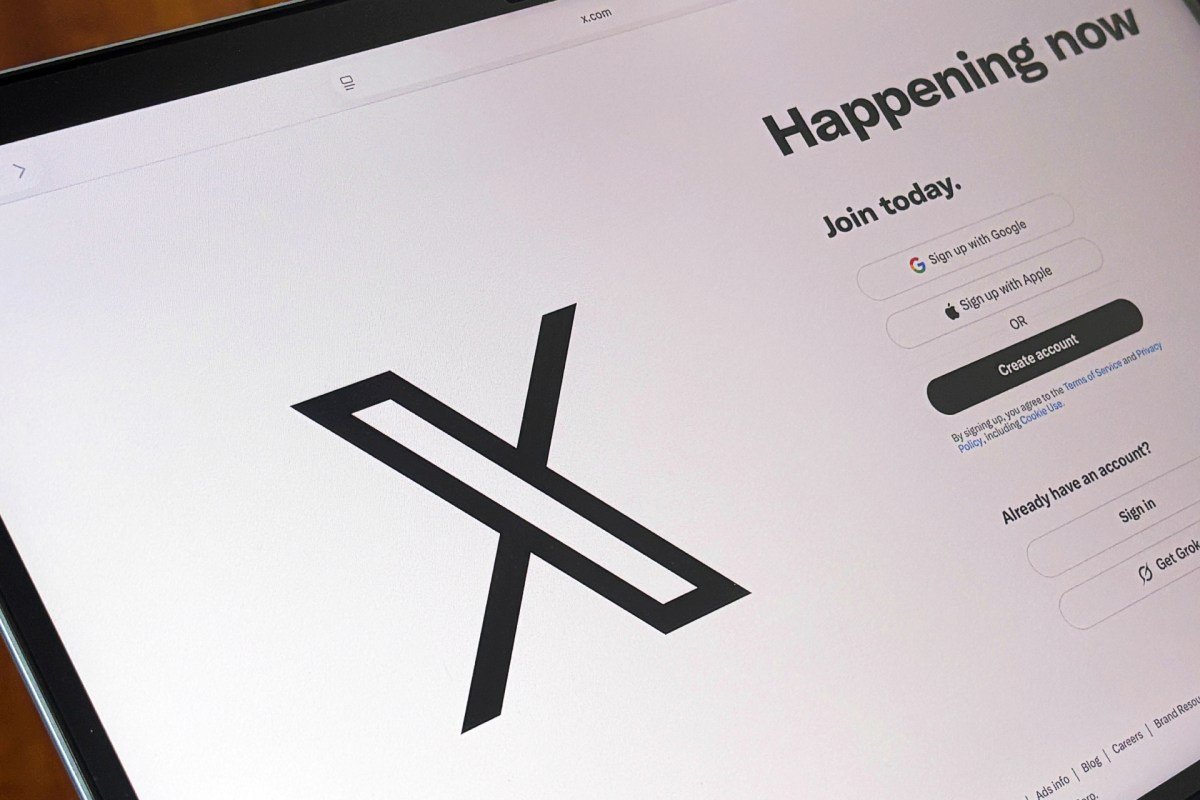An Indian court docket has dismissed an try by Elon Musk’s X to problem the Indian authorities’s content material takedown orders, ruling that the social media platform, as a international firm, doesn’t have a constitutional proper to free speech beneath Indian regulation.
The Karnataka Excessive Court docket dominated Wednesday in favor of the Indian authorities’s use of a centralized on-line portal to difficulty content material takedown orders, figuring out that international platforms can not invoke free speech protections beneath Article 19 of the Indian Structure. The court docket mentioned this constitutional of free expression applies solely to Indian residents. The choice marks a major second in India’s more and more assertive strategy to regulating world tech firms.
X filed the case in March, difficult a sequence of Indian authorities orders directing the platform to dam sure accounts and posts, together with content material vital of official insurance policies. On the coronary heart of the dispute was the usage of “Sahyog” — a authorities portal launched in October that permits authorities to straight order social media firms to take away content material. Sahyog means “help” in Hindi. X known as it a “censorship portal” and argued the method lacked transparency and violated rules of free expression.
“Article 19 of the Structure of India, noble in its spirit and luminous in its promise, stays, however, a Constitution of Rights conferred upon residents solely. The petitioner who seeks sanctuary beneath its cover have to be a citizen of the nation, failing which the protecting embrace of Article 19 can’t be invoked,” senior decide M Nagaprasanna said in his ruling, which was additionally livestreamed, because the court docket rejected X’s petition.
The ruling comes as Musk expands his footprint in India past X, having just lately launched Tesla operations and secured remaining regulatory approval for his satellite tv for pc web service Starlink. The South Asian nation is a strategic wager for the billionaire, boasting the world’s second-largest web person base after China and a authorities dedicated to attaining 30% electrical automobile adoption by 2030.
X didn’t reply to a request for feedback. A authorized consultant for X in India was not instantly obtainable to touch upon the ruling.
Kazim Rizvi, founding director of The Dialogue, a New Delhi-based suppose tank, mentioned the ruling might enhance coordination between the federal government and platforms however cautioned that “due diligence” mustn’t turn out to be a blanket obligation to conform — particularly when takedowns happen through a portal, somewhat than by means of the structured safeguards of Part 69A of the Data Expertise Act, 2000. (Part 69A is India’s most important regulation governing how the federal government can order content material blocking, and it consists of procedural protections.)
Techcrunch occasion
San Francisco
|
October 27-29, 2025
“To keep away from unintended authorized results, the portal ought to function strictly as a coordination and assortment layer — a safe consumption and routing level for requests, and any binding motion ought to originate from a reliable authority beneath the IT Act/Guidelines,” he informed TechCrunch.
Content material takedown orders have elevated in India over the previous few years as extra individuals come on-line. A number of situations of content material removing throughout platforms — together with X (previously Twitter), Fb, and Instagram — occurred through the nationwide farmers’ protests in 2020–2021. These protests noticed widespread social media exercise that the federal government sought to regulate.
The federal authorities launched the Sahyog portal final 12 months to expedite the removing of illegal content material from social media, arguing that it might streamline enforcement. Firms, together with Microsoft, Google, Meta, ShareChat, and LinkedIn, have already built-in the portal to take away content material after receiving notices by means of an automatic course of triggered by the federal authorities or its companies.
In February 2024, X acknowledged that, though it disagreed with the orders, it withheld sure accounts in response to government directives from the Indian authorities. Noncompliance, the corporate famous, may have uncovered it to “potential penalties together with important fines and imprisonment.”
A authorized professional, who works intently with tech firms and the Indian authorities on coverage issues and requested anonymity because of the delicate nature of their work, informed TechCrunch that Wednesday’s ruling was important. The choice exhibits that courts are more and more viewing web regulation and tech coverage by means of a coverage lens — not only a authorized one, they mentioned.
Musk, who has known as himself a “free speech absolutist,” has not commented on the lawsuit and ruling, although he beforehand raised issues about Indian content material regulation legal guidelines.
“The principles in India for what can seem on social media are fairly strict, and we will’t transcend the legal guidelines of a rustic,” Musk said in a 2023 interview with the BBC.
X can nonetheless attraction the ruling to the Supreme Court docket. Nonetheless, some authorized consultants argue that it’s unclear whether or not the corporate would obtain favorable therapy, as the highest court docket is prone to observe the identical line of reasoning because the Karnataka Excessive Court docket.
“The ruling didn’t deal with whether or not the federal government ought to even have the facility to make use of a portal for ordering content material takedowns,” mentioned a tech coverage professional, who requested to not be named as a consequence of their shut ties with the Indian authorities and main tech companies.
The court docket will launch the order’s copy on Thursday, the decide mentioned.
